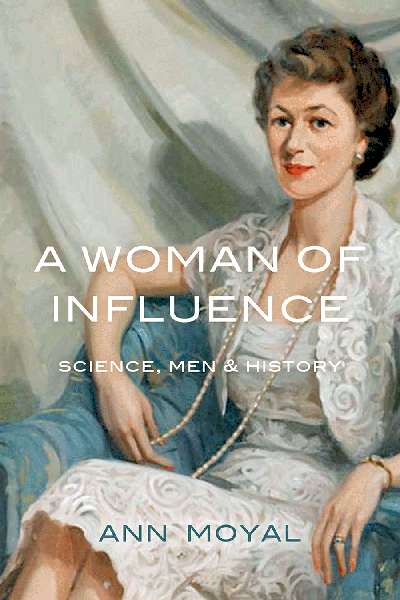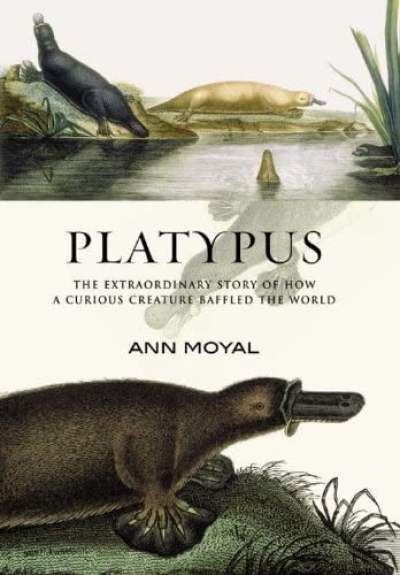Ann Moyal
The bar is set high
It was a great pleasure to read this year’s Calibre winning and commended essays in ABR. The essays written by Jane Goodall, Kevin Brophy and Rosa-leen Love continue the impressive tradition inaugurated by Elisabeth Holdsworth with her memorable work that won the first Calibre Prize. The bar is set high.
... (read more)A Woman of Influence: Science, men and history by Ann Moyal
by Susan Magarey •



